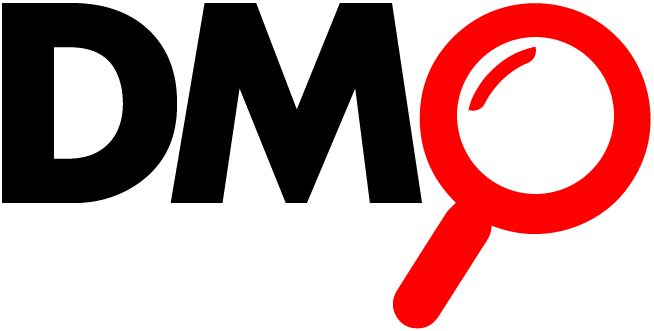Like any educator worth her salt, I want my classroom to be free of microaggressions. I see my classrooms as welcoming places for experimenting with and sharpening ideas. It’s an iterative process – speak, hear, refine, speak again, rehear, refine once more. Sometimes we microaggress in that process. I’ve been there.
One semester, I had assigned a reading in which the author wrote vividly of traumatic physical and psychological abuse at the hands of a family member. I was disturbed but engaged by the story and fascinated by the author’s journey, step by uneven step, away from the abuse and into a different kind of life. During the final class discussion of the reading, students’ comments rang with relief about how the author was now “better,” “healed,” had found “closure.” These observations hit me as a little simplistic. I wanted to make students think about how the author, and all of us, carry the past with us as part of who we are at any moment.
“She will always be that abused girl,” I insisted.
A student stood up and dashed from the classroom.
Class ended soon after and I returned to my office, the sense slowing dawning on me that I should get in touch with that departing student. I wanted to know what had prompted the sudden exit.
The student visited my office a day later, courageously explaining that my claim – “She will always be that abused girl” – had jarred deeply. “She will always be that abused girl.” The student heard, “There’s no escape for her. She will not get ‘better.’ She will not be ‘healed.’ She will not find ‘closure.’” The student had heard me pronounce ruin on the author. And because the student was themself a survivor of abuse, they heard me pronounce their own permanent ruin.
Oh.
I had meant only to add texture to the students’ observations, to communicate a complicated but positive idea, that the author’s traumatic experiences and her endurance and escape made her who she now is – among many other things, a best-selling author whose story has probably inspired other survivors to get out from under their tormentors. Some students may have gotten exactly that from what I said. But survivors of trauma – there were several in this classroom – responded differently.
I felt awful. My frequent companions, guilt and defeat, began their song and dance on my psyche. I’m a ruminator by nature, and when I know I’ve hurt someone, I draw back, get fearful of repeating my mistake, and sink into unhelpful and paranoid self-inspection. From my reading about avoiding bias in teaching (and from just being a human being), I know that a certain amount of self-examination must happen for individuals to survive and thrive in community. But that kind of reflection, combined with my tendency to be hyper–self-critical, boosted with an anaesthetizing layer of regular ol’ white guilt, can induce paralysis and result in – shocker – terrible teaching. I’m pretty sure that this kind of self-absorbed paralysis is not the result that experts addressing microaggressions want to produce!
What to do, then?
I asked for the student’s forgiveness. And I recognized, reflecting on some other students’ remarks and reactions, that additional members of the class probably felt similarly desolate.
So, in class the next day, I tried to give an account of why reading such charged texts, though risky, cuts to the heart of our work together at Davidson. On many days, I would like to retreat into numbed autopilot and lecture from rehearsed notes. It’s so much safer. And even if no one learns much at least no one runs from the room.
Yet that safety does not claim the deep freedom that should characterize a liberal arts education – an education that liberates students to grasp and expand possibility for themselves and others. In this educational context, we must set out without necessarily knowing where we will end up. Sometimes in the course of those exploits, words run beyond our control. I make a statement intending to clarify a point, but a student hears a judgment, an insult, a dismissal.
In this educational context, we must set out without necessarily knowing where we will end up. Sometimes in the course of those exploits, words run beyond our control. I make a statement intending to clarify a point, but a student hears a judgment, an insult, a dismissal.
Courageous students signal that a line has been crossed. I’m so grateful for them. Faculty must hear and respond to that courage with humility. We can admit that we don’t know (or understand) everything. The world will not end. I suspect that in fact the world is sustained by courage and humility.
Ideally, our classrooms become communities of practice. Even in our (my) mistakes, we can learn what trust and support feel like. They feel like courage and humility, even and especially when different conversations manifest from the very same words.
Anne Blue Wills is a 1988 graduate of Davidson College and has been a full-time faculty member since 2003. She teaches US religious history in the Religious Studies department and also teaches in the Humanities program.
